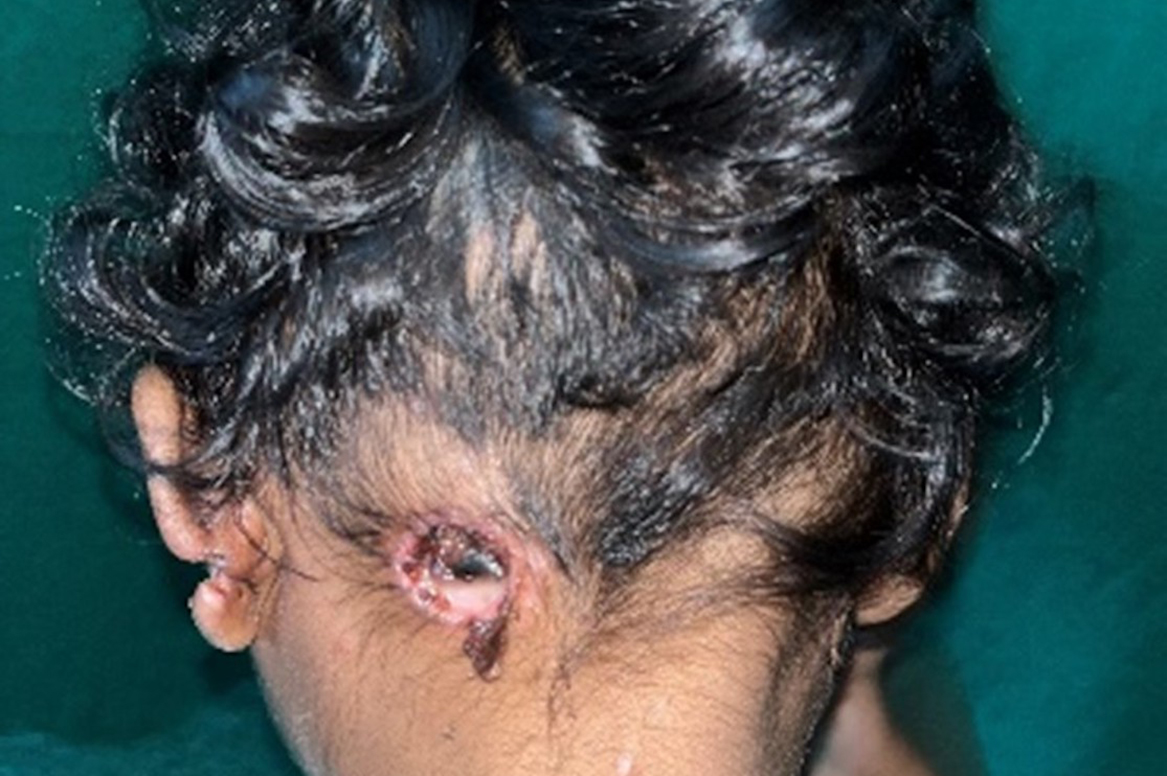Ecthyma secondary to varicella.

Downloads
DOI:
https://doi.org/10.26326/2281-9649.33.2.2466How to Cite
Mundada S., Kalathil A., Phiske M., Someshwar S. 2023. Ecthyma secondary to varicella. Eur. J. Pediat. Dermatol. 33 (2):108-10. 10.26326/2281-9649.33.2.2466.
pp. 108-10
Abstract
Complications of varicella can affect immunocompetent children. Their contributing factors include topical/systemic/inhaled corticosteroids, immunosuppressants, NSAIDs, older age, HIV, and atopic dermatitis. A 3-year-old girl, 10 days after a febrile varicella treated with acyclovir and acetaminophen, presented multiple and deep ulcerative lesions on the face, trunk and limbs, with sheer margins and thick black crusts adhering to the bottom. Bacteriological culture showed gram-positive cocci in chains and clusters – streptococci and staphylococci –. Varicella complicated by secondary necrotizing bacterial infection – ecthyma – was diagnosed and treated with antibiotics; the child recovered with hypertrophic scarring.
Keywords
varicella, ecthyma, streptococcus, staphylococcus, hypertrophic scars
